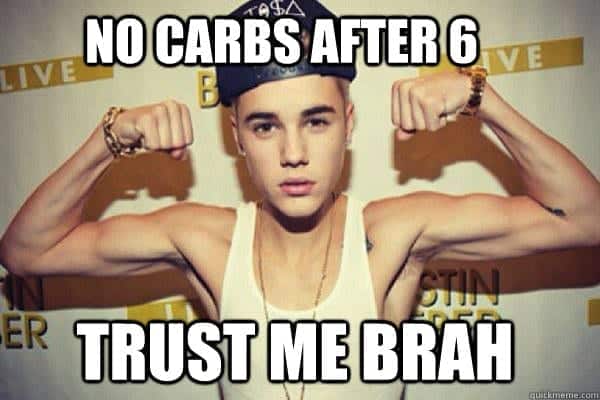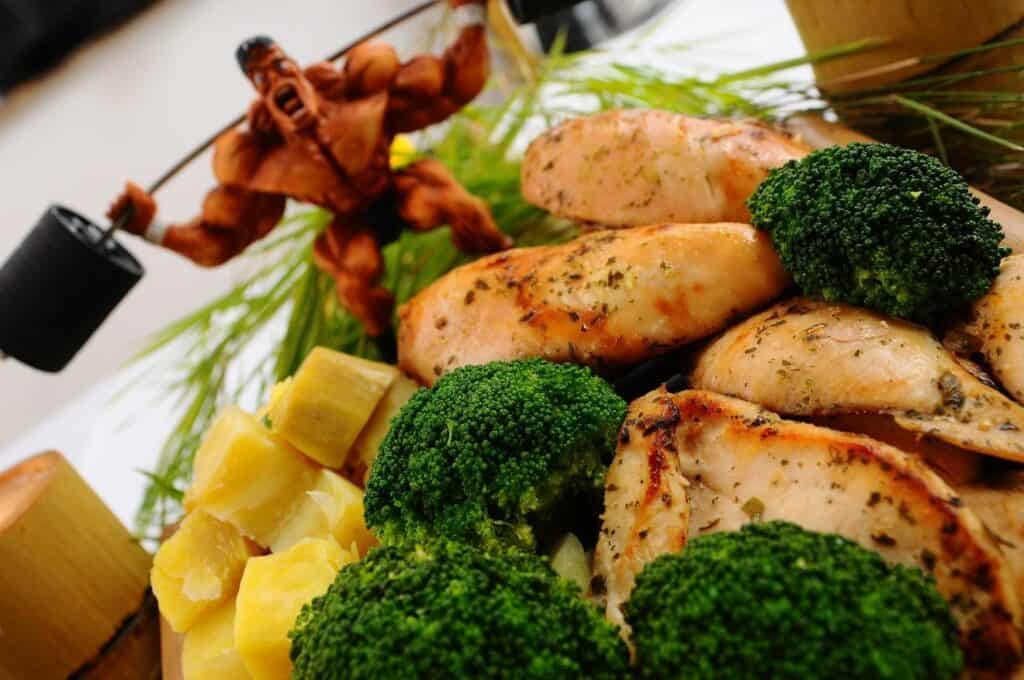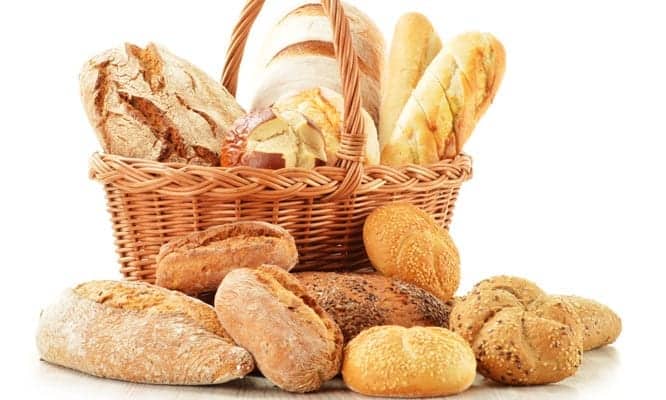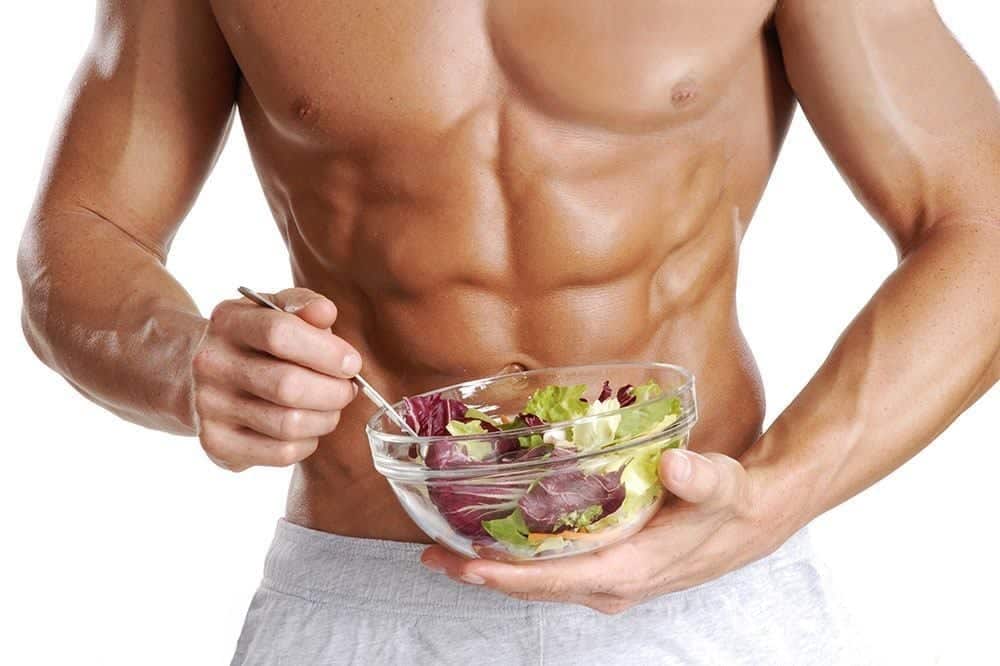É inevitável, nesta altura todas as conversas giram em torno do mesmo, e todos os anos ouço as mesmas balelas e teorias da batata, que apenas confundem mais e não ajudam nada.
Some of the most famous:
- Eu só como limpo
- Não como hidratos ao jantar
- Vou cortar no pão…
- Não como fruta porque tem açúcar
- Faço 3×20 em todos os treinos e exercícios
- Batata só batata doce
- Agora faço cardio todos os dias
Com tantas teorias, o mais difícil é mesmo escolher a mais engraçada.
Mito 1: Eu só como limpo
Durante muitos anos, foi veiculada a ideia de que a alimentação certa para definir o six-pack, era comer apenas alimentos “limpos”, leia-se: aveia, clara de ovo, ovo, peito de frango, arroz integral, peixe magro, batata doce, etc.
Por vezes, a quantidade era um assunto deixado para segundo plano. Quanto mais “bland” era a refeição, mais eficaz seria na busca do objetivo.
Hoje sabemos que, sem definição de kcal e macros não vamos a lado nenhum, e que para perder gordura é preciso estar em défice calórico, ponto final!
Esse défice calórico pode ser conseguido com um plano alimentar extremamente restritivo e bland – arroz com frango, peixe com batata doce, brócolos, etc.
Ou combinar estes alimentos, chamemos-lhes “nutricionalmente” densos com outros mais “apelativos”. Imaginem: usar nestum como fonte de hidratos de carbono e não apenas aveia.
Essa densidade nutricional é precisamente o ponto a ter em conta. Vivemos num universo de oferta muito diversificada, restringirmos a nossa alimentação a meia dúzia de alimentos torna a tentativa de emagrecer uma tortura…
O problema é que esses alimentos mais “saborosos”, sejam ou não junk food, são energeticamente mais densos e por isso, torna-se mais difícil manter o requisito défice calórico se não houver um controlo absoluto das quantidades.
Therefore, the best approach is generally:
- Monitorizar as calorias e macros ingeridos, comparando com necessidades
- Tem de haver um défice calórico para haver perda de gordura
- Se possível, podem ser encaixados alimentos “diferentes” no dia a dia ou em refeições específicas do plano
Exemplo mais clássico: Temos um jantar com amigos no Mac, e queremos encaixar algo “normal” que não seja uma salada… temos X kcal para encaixar, é olhar para a tabela nutricional e tentar escolher.
Mito 2: Não como hidratos ao jantar
Os hidratos de carbono são o macronutriente mais visado na alimentação na hora de perda de massa gorda.
Why?
Criou-se a ideia de que um excesso de hidratos de carbono levava ao ganho de gordura corporal, fruto da acção “engordativa” da insulina. Este mito foi muito alimentado pelo medo terrível da diabetes, e pela moda das dietas low carb de Atkins e South Beach.
É curioso que muitas pessoas defensoras do low carb continuam com peso e gordura a mais… só um detalhe sórdido.
A verdade é que, os hidratos de carbono são uma faca de 2 gumes porque são aditivos, é difícil controlar quantidades e não comer “mais um bocadinho” e isso leva ao excesso calórico, o que nos leva ao ganho de gordura.
Portanto, nada mais fácil, tiramos a fonte de pecado, tiramos calorias e perdemos peso… tiramos esse excesso num momento em que a tendência para o excesso já é alguma e temos “dupla vantagem”?
Sim… mas… isso só vale para a refeição do jantar? Não!
Comer hidratos a mais ao almoço, jantar ou ao lanche é exactamente a mesma coisa. Tanto faz. Porque há um excesso calórico.
E porque é mais fácil dizer para eliminar ao jantar? Porque é um conceito preconcebido que ao jantar devemos comer pouco ou quase nada.
Assim criamos um mito fácil de propagar, e de manter como verdadeiro.
The problem?
É que é justamente quando muitas pessoas têm mais fome… logo se não comem qb ao jantar, vingam-se a seguir e acabam por comer o mesmo ou mais.
Metabolicamente falando, em teoria até temos mais vantagem em comer hidratos de carbono ao jantar, uma vez que temos níveis de insulina mais baixos nessa fase logo menor probabilidade de fazer picos, promovendo maior controlo metabólico.
Mas pronto, é mais giro dizer o contrário e convencer a pessoa de forma quase “religiosa” de que não pode comer depois das 19h.
Mito 3: Vou cortar no pão
Atenção, não me vou pôr aqui a discutir histórias do glúten, amigos e companhia.
O pão é provavelmente um dos alimentos mais apontados por todos como sendo a causa de engordar, ganhar peso, inchar e outras acusações.
100g de pão têm em média 250kcal, e 1 bolinha (tipo mistura) tem uns 50g logo umas 125kcal… Não sei onde está o exagero!
Ok, se comerem 4 por dia, estamos a falar de 500kcal que podemos tirar facilmente. Mas 100g de bolachas de água e sal têm 450kcal, 5 míseras bolachas que se comem em 3min têm 140kcal e ninguém diz nada sobre elas…
É um alimento guloso sim… mas as bolachas são mais e a facilidade em sair dos eixos é maior nas bolachas.
Mas 1/2 a 1 sandes saciam muito mais do que 1 iogurte e 3 bolachas, e tem as mesmas calorias (+/- 30kcal que é insignificante num plano de 1300/1500 para mulher e 1800 para homem…).
E não tem de comer pão integral para tirar partido das suas vantagens. Usa um pão de mistura, com farinha de trigo e centeio T70/T80 como mínimo e varia o mais possível.
Mas sim, o pão de forma de longa duração tem mais “coisas”, mas continua a ter menos do que as bolachas (e a ser mais saciante).
Analisa a lista de ingredientes e tira as tuas próprias conclusões.
You can find part 2 of this article here.
[author]Filipa Vicente
Nutritionist





